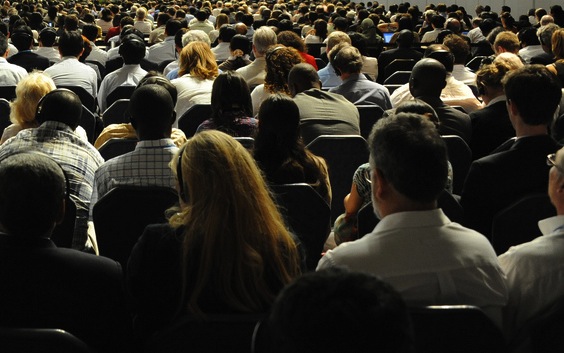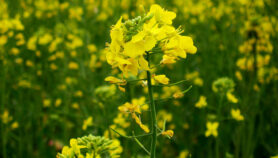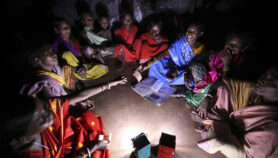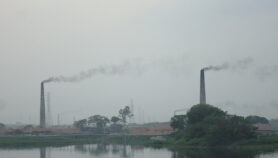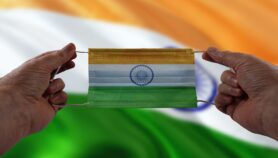By: Mike Ives
Send to a friend
The details you provide on this page will not be used to send unsolicited email, and will not be sold to a 3rd party. See privacy policy.
[AUCKLAND] How should scientists interact with politicians? That was a hot topic on the opening day of the Science Advice to Governments conference in Auckland, New Zealand (28-29 August).
Convened by the International Council for Science, I’m here along with delegates — most of them scientists — from 47 countries.
Peter Gluckman, the chief science advisor to New Zealand’s prime minister, opened the event by saying that scientists should be “honest knowledge brokers” for governments, rather than advocates or lobbyists.
“The advisory system must have the trust of policymaker and politician, especially when there’s a big gap between science and ideology,” he said.
But the relationship between science and policy is often complicated by a variety of factors, Gluckman and other scientists said throughout the day. Governments like to demand hard scientific conclusions as justification for policies, for example, but the scientific process tends to yield nuances and caveats.
And while some scientific advisors are independent, others work directly for governments. That science should influence politics while also remaining independent is a “core tension” in the relationship, noted Roger Pielke Jr., director of the Center for Science and Technology Policy Research at the University of Colorado, United States.
The vast majority of panelists though were from developed countries. That left me wondering: Are lessons about the tricky relationship between science and politics in the developed world also relevant in developing countries?
I put the question to Malegapuru Makgoba, vice president of the International Council for Science and vice chancellor of the University of KwaZulu-Natal in South Africa.
“The contexts are different but the challenges are the same,” he told me during a conference break.
Makgoba said one contextual difference is that science has never had a central influence on political decisions in developing countries, as it has for generations across the developed world. Politicians in much of Africa, he added, are therefore less likely to develop science-based policies — much less send delegates to science events in New Zealand.
Fola Babalola, a Nigerian forester who was sitting nearby, observed that African researchers were glaringly under-represented at the Auckland conference. That was a pity, he said, because they might have learned something useful and brought it home.
He pointed to West Africa, where an Ebola epidemic is raging, as one place where governments could certainly benefit from good advice from the scientific community.
Link to Science Advice to Governments summit
This article has been produced by SciDev.Net's South-East Asia & Pacific desk.


